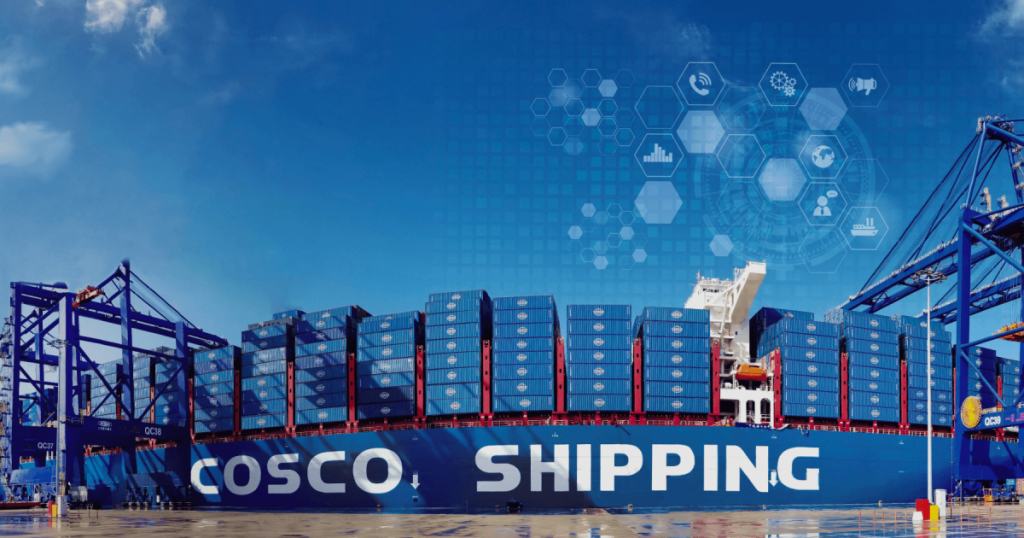
In a bid to promote the transportation of agricultural products through rail, COSCO Shipping Company has successfully facilitated the movement of agricultural produce from Kano to the Lagos Port Complex Apapa for export.
The company disclosed in a statement that the initial batch of containers set off from Dala Inland Dry Port in Kano on July 7, 2024, and made its way to Apapa by July 17.
Upon arrival in Lagos, the cargo train was met by representatives from COSCO Shipping, Nigeria Railway Corporation, and Temerity International experts, all of whom played a crucial role in coordinating the operation.
Michael Echezona, the Head of Logistics at COSCO Shipping Nigeria, praised the collaboration among stakeholders, expressing confidence that the successful endeavor would bolster investor trust in Nigeria’s rail infrastructure and logistics network.
He underscored the importance of increased cooperation and immediate action from the Federal Ministry of Transportation to expedite the construction of the standard gauge line, a move that is envisioned to reinvigorate the Nigerian economy and position the country as a key player in regional commerce.
Echezona highlighted the revival of the economy and the country’s emergence as a regional economic hub, facilitating efficient movement of goods to and from remote areas.
“In light of the Belt and Road Initiative’s implementation, which has contributed to Nigeria’s economic development and advancement of the logistics supply chain, enabling smoother transportation of goods from rural areas to ports using local services, Nigeria and Africa as a whole have witnessed substantial infrastructure growth, attributed to the initiative’s focus on enhancing connectivity and trade expansion,” he pointed out.
Temi Ogunniyi, Managing Partner at Temerity International Experts, who facilitated the transfer of cargo from Dala Inland Dry Port, Kano, commended the NRC’s efforts and called for intensified collaboration to boost efficiency through upgraded systems and security measures.
He noted that the movement of rail cargo from the northern regions would facilitate international trade for importers and exporters in neighboring countries, diversify Nigeria’s economy, and generate vital foreign exchange through non-oil exports.
This development is poised to revolutionize the nation’s transport sector, offering an eco-friendly transportation mode that excels in efficiently transporting large volumes of goods. Rail transport’s capability to handle significant container and trailer loads over extensive distances makes it an optimal solution for intermodal transportation.
The reliability and predictability of rail transport provide notable benefits, offering consistent schedules and reduced vulnerability to disruptions caused by traffic or weather conditions. This bolsters supply chain planning, minimizes interruptions, and curtails expenses,” he elaborated.
According to the Nigerian Railway Corporation, the country’s railway infrastructure spans diagonally from the Southwest (Lagos) to the Northeast (Nguru) and from the Southeast (Port Harcourt) through Kafanchan to the Northeast (Maiduguri), encompassing 4332 kilometers of track characterized by sharp curves and steep gradients in various sections.
